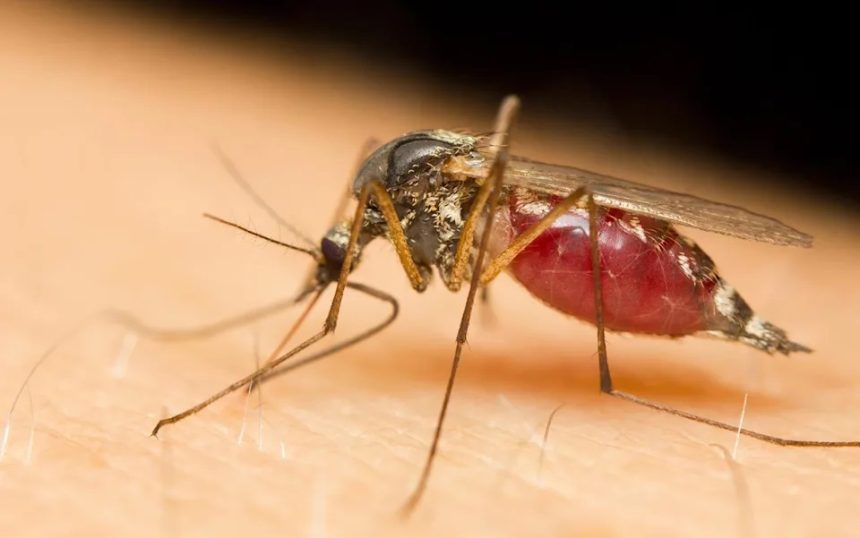The Ghana Health Service (GHS) has confirmed the invasion of a new breed of mosquito more dangerous than the anopheles.
The new breed known as Anopheles Stephensi, is also a malaria-transmitting mosquito, very invasive, spreads faster, and can adopt to a myriad of climate conditions according to the World Health Organization.
GHS has established its presence in Tuba and Dansoman, and has warned residents to protect themselves.
The Anopheles Stephensi first invaded Africa in 2019, the countries include Ethiopia Sudan, Somalia, and Nigeria and unfortunately confirmed in Ghana just this March.
This breed produces both Plasmodium Falciparum (the deadliest species of plasmodium which causes malaria) and P Vivax Malaria parasites.
Also, a recent mathematical modeling study by the World Health Organization showed the spread of An. stephensi and the implication for malaria transmission and control in Africa.
One study projected that An. stephensi could put an additional 126 million people in Africa at risk of malaria if the mosquito vector were to spread unchecked.
The statement also reveals that this breed is resistant to multiple insecticides which makes control very difficult. It is not known yet what really can kill it.
The GHS has set up a taskforce, to implement a number of measures including the removal of water collection points in and around homes and communities to minimize the breeding sites
Avoiding mosquito bites by using insecticide-treated mosquito nets is also a measure that has been advised to boost prevention.
Meanwhile, Ghana is the first African country to approve a new malaria vaccine from Oxford University as part of efforts to combat the disease.
MOSQUIRIX from British drug maker GSK, was last year endorsed by the World Health Organization.





